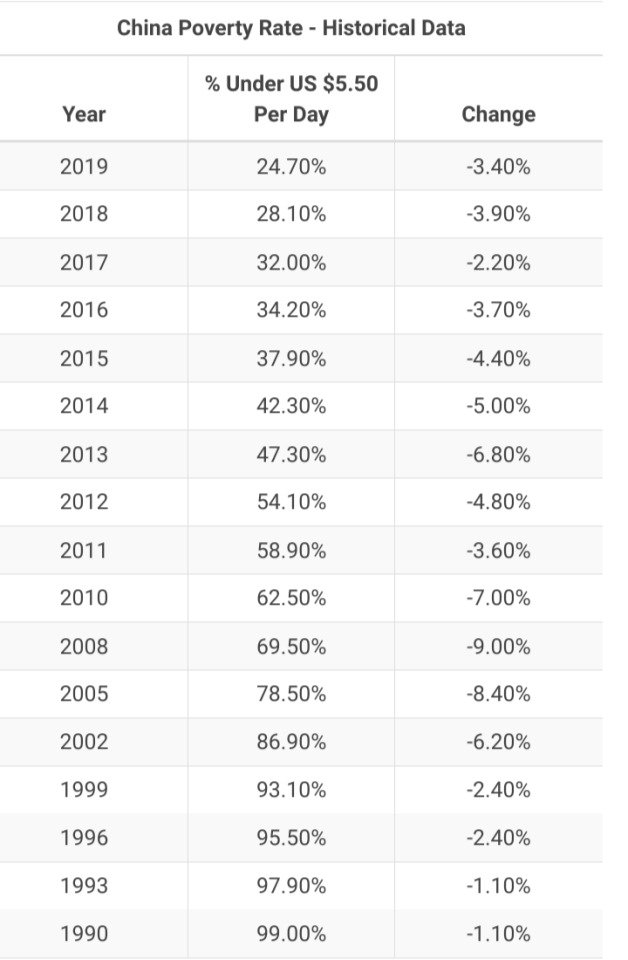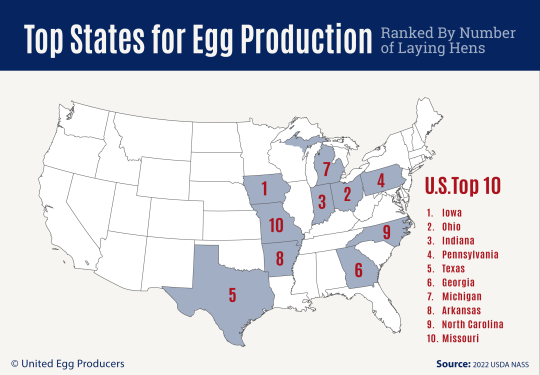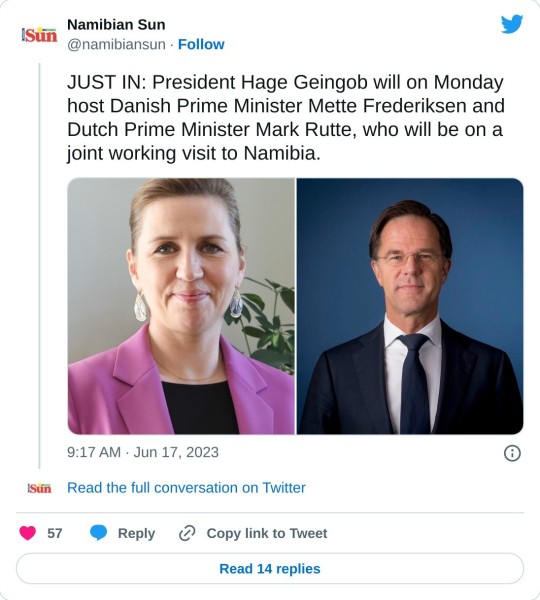#poverty in china
Explore tagged Tumblr posts
Text
From 1990 to 2019, the People's Republic of China has gone from a Poverty rate of 99%, to a poverty rate of less than 25% in just 29 years.
And just in the period of time Xi Jinping has been General Secretary of Communist Party of China, or the CPC, the Poverty rate in China has halved.

Poverty in that time in the US has been highly unequally distributed, with poverty rates increasing in some areas, decreasing in others, but largely remaining in similar territory since the 1970's. But the larger context shows a considerable destruction of wealth depending on when you were born with poverty rates lowest for those 65 and over, with much higher poverty rates among children.
The pattern suggests a dichotomy between the rapid rise of China and its attending decline in poverty, versus a slowly declining United States and the associated increases in poverty on younger generations. Though again, it depends largely on the state in which you live and how much your state invests in anti-poverty programs.
#rise of china#poverty in china#poverty in the us#poverty in america#poverty#poverty rate#fighting poverty#china news#us vs china#neoliberalism#us imperialism#us hegemony#us empire#empire in decline#socialism#communism#marxism leninism#socialist politics#socialist worker#socialist news#socialist#communist#marxism#marxist leninist#progressive politics#politics#us politics#us news#us poverty#neoliberal capitalism
24 notes
·
View notes
Text
Do Democrats really believe Chinese people live better than Americans?
SO I came upon a fascinating little tweet today that blew my mind. Check it out below: Capitalism: “I got mines. Sucks to be you!” Communism/socialism: “We all have, therefore you have” But their system is wrong & ours is right We really have been indoctrinated Reminder: There are no homeless people in China & Cuba has free healthcare But we’re “the best” 🙄 — Stacey 🍴💰 (@KeyDecision1) May 6,…

View On WordPress
0 notes
Text
Map America's Next Mass Fatality Event


Since the executive branch has ordered the Centers for Disease Control and Prevention to cease all public communications until some unspecified future notice, it is easy to believe that no effort will be made to prevent or control the spread of our next viral plague.
Eugenics is a central tenant to fascist and totalitarian ideologies. This unfounded, hate-based pseudoscience, attempts to assign blame for societal conditions like crime and poverty on biological or genetic traits of marginalized communities like the impoverished, immigrants, and religious minorities.
When COVID 19 began to spread in the United States in 2019, outbreaks were first identified in large metropolitan areas ajecent to major international airports.
H5N1 (Bird Flu) is currently spreading across USA through unpasteurized eggs, bird droppings and milk from infected cows, with outbreaks found primarily in rural and agrarian communities, known for high levels of poverty and large migrant labor populations.
California, Texas, Kansas, Louisiana, and Illinois are all currently monitoring the spread of H5N1, although only California and Kansas are communicating their findings to the public.
SPOILER ALERT/ FLASHBACK:

***History repeats itself when the majority didn't paying attention the first time.
#Centers for Disease Commodification and Population Control#it's not china's fault that you're stupid#eugenics provides the rationalization for genocide#poor people don't cause poverty- the rich do
30 notes
·
View notes
Text
From 1981 to 1990, when most of China’s socialist provisioning systems were still in place, the country’s extreme poverty rate was on average only 5.6 per cent, substantially lower than in capitalist economies of comparable size and income at the time: 51 per cent in India, 36.5 per cent in Indonesia, and 29.5 per cent in Brazil. China's comparatively strong performance is corroborated by data on other social indicators. Moreover, extreme poverty in China increased during the capitalist reforms of the 1990s, reaching a peak of 68 per cent, as privatisation inflated the prices of essential goods and thus deflated the incomes of the working classes. These results indicate that socialist provisioning policies can be effective at preventing extreme poverty, while market reforms may threaten people's ability to meet basic needs.
Capitalist reforms and extreme poverty in China: unprecedented progress or income deflation?
210 notes
·
View notes
Text

It's a mess
#It's a mess#china#chinese#armani#dior#poverty#homeless#exploitation#exploitative#sweatshop#slavery#aph italy#hws italy#italytravel#italy nt#italy#italia#italian#ausgov#politas#auspol#tasgov#taspol#australia#fuck neoliberals#neoliberal capitalism#anthony albanese#albanese government#chattel slavery#wage slavery
22 notes
·
View notes
Text
youtube
The Real Chinese ‘Threat’: Lifting 850 Million Out of Poverty
6 notes
·
View notes
Text
A Prayer for God’s Blessings on Families, Nations, and the World, Day 81, China
Dear Heavenly Father, Thank you for today. Thank you for what you do for me each and every day and for that which I fail to notice. Thank you for taking care of my family, friends, and acquaintances. I ask that you shield and protect them and guide them in this life. Bring them safely home to you. Let them know that you are there for them. Never let me forget your presence in my life and guide…
#gratitude#Almighty God in Heaven#China#Faith#Forbidden City#God#Great Wall#Green Tea#Guilin#Heavenly Father#high cost of living#Jesus#Karst mountains#Maritime Silk Road#Oolong Tea#Panda Conservation#Perpetual Adoration#poverty#prayer#Pu-reh tea#Terracotta Warriors#Yuanyang
2 notes
·
View notes
Text
NEW EPISODE ALERT!!

In this episode of Social Contract, Trump signs an executive order to sabotage Nicolette's internet. The inauguration, executive orders, Liberals return from their four-year vacation, and the cultural awakening between China and the US are also discussed.
Follow us on
YouTube, Twitch, Twitter, and Rumble
#trump#rednote#little red book#china#communism#leonard peltier#donald trump#executive orders#inauguration#social contract#indie news#indie journalism#independent journalism#independent news#history#politics#us politics#international politics#freedom for gaza#free palestine#justice for palestine#palestinian genocide#israeli occupation#war crimes#government corruption#universal healthcare#tax the rich#poverty#commercialization#wage theft
4 notes
·
View notes
Text

deng xiaoping's ghost is physically manifesting on my dash
#isn't that thing about lifting all those people out of poverty not even true? not in the 'it's a lie' sense#just in the 'barely passing the world bank's artificially lowered threshold' sense#i do have respect for much of what china's done but there's a reason it's generally not regarded as a socialist utopia lol
3 notes
·
View notes
Text
News from Africa, 19 June
Hage Geingob will host Danish PM Mette Frederiksen and Dutch PM Mark Rutte today in Namibia. Green hydrogen will reportedly be among the subjects discussed.

2. Namibia's proposed visa exemption for Chinese nationals is a bilateral agreement that would benefit both countries, according to China's ambassador to Namibia, Zhao Weiping.
Some Namibian politicians have objected to the proposal, with opposition leader McHenry Venaani claiming it is a "hoodwinking process" for Chinese prisoners to come to the country, and aspiring presidential candidate Job Amupanda alleging that it involves a deal between the ruling party and China to garner support for next year's elections.
The proposed agreement's main goal is to attract Chinese tourists and help Namibia become competitive again after the Covid-19 pandemic, according to Namibia's minister of home affairs, immigration, safety and security, Albert Kawana.
3. Angola and Zambia signed a memorandum of understanding to enhance cooperation in information technology, including digital transformation, AI, and space technology.
The agreement includes the establishment of direct cross-border optical fibre backbone connectivity between the two countries, scheduled to happen this month.
The collaboration is expected to help improve the regulation of the Angolan and Zambian telecom markets and lead to improved coverage and quality of ICT services provided in both countries.
4. Namibia is embarking on a journey of digital transformation to modernize various aspects of the country's life.
The Department of Home Affairs, Immigration and Security recently announced the successful implementation of an online passport application system, a major step towards delivering home affairs government services through digital channels. Namibia is partnering with Estonia to bring government services online and gradually prepare citizens for the transformation ahead. The Vice Minister of ICT recognizes the importance of foreign direct investment (FDI) for African technology spaces, but stresses the need for a clear roadmap or strategy to ensure that solutions developed in Africa fit the lifestyle on the continent.
5. Nigeria has 71 million people living in extreme poverty and 133 million people are classified as multidimensionally poor, according to 2023 data from the World Poverty Clock and the National Bureau of Statistics.
6. The Bank of Namibia increased the repo rate to safeguard the dollar-rand peg and contain inflationary pressures, but this will severely impact consumers who rely on debt to survive.
The governor expressed empathy for people losing their homes due to rising debt costs, and urged the nation to find better solutions to keep more Namibians in their homes while maintaining financial stability.
7. The fighting in Sudan has caused a surge in refugees fleeing to South Sudan, exacerbating an already dire humanitarian crisis.
The UN has called for $253 million in funding to respond to the crisis, but donations have been slow to come in.
The lack of resources and funding has led to inadequate food, water, and sanitation facilities in transit camps, resulting in malnutrition, disease, and preventable deaths.
#Dutch PM#Danish PM#visit#Namibia#Green Hydrogen#China#visas#tourists#Angola#Zambia#ICT#network#digital#Nigeria#poverty#clock#currency peg#South Africa#refugees#crisis#food#sanitation#Sudan#Africa
3 notes
·
View notes
Video
youtube
A glimpse inside Hong Kong’s notorious subdivided homes
(This is kinda hard to watch.)
2 notes
·
View notes
Video
youtube
China's Nightmare Is Coming! Foreign Business Flee, 23 Trillion Fiscal Deficit & Birth Rate Collapse
China Observer
Foreign capital is accelerating its withdrawal, a large number of small and medium-sized enterprises are closing down, the unemployment rate of young people is high, the real estate bubble has burst, and the local government's finances are on the brink of collapse... This series of problems, like a nightmare, envelops the land of China. Although there are factors of global economic downturn, the main reason for all of this is the Chinese Communist Party's three-year strict execution of its zero-COVID policy, which has caused serious damage to the economy and all aspects of society. Now, the CCP is not reflecting on the lessons learned, but instead, busy rewriting history, avoiding mention of its zero-COVID policy, and even claiming that this disastrous policy has achieved significant success. In the face of social, economical, and political crises, they turn a blind eye and still paint a rosy picture of the situation. Recently, Chinese financial blogger Laoman summarized the cost of the CCP's three-year zero-COVID policy and answered the question of why the CCP suddenly abandoned it without any transition period in December 2022, after unwaveringly insistence for three years. His summary is very meaningful, and we can draw on its content, as well as our findings in this presentation. We also encourage everyone to participate in the discussion in the comments. The first cost of the three-year zero-COVID policy is that the government's fiscal deficit has sharply increased, with the fiscal burden increasing by 60%.
P.S. Communist dictatorship is not fun...! Reality is completely different from communist and socialist propaganda: In real life dictatorships provide mass political repressions, war, censorship, poverty and boringly miserable life conditions for masses of people...
4 notes
·
View notes
Text
It’s no longer glorious to get rich in China
https://www.ft.com/content/0675c56b-5c4b-4f99-869d-6af6a0588bf5
https://www.removepaywall.com/
https://12ft.io/
https://paywallreader.com/
#rich people#eat the rich#eat the fucking rich#hws china#aph china#chinatown#china doll#china#class war#poverty#homeless#ausgov#politas#auspol#tasgov#taspol#australia#fuck neoliberals#neoliberal capitalism#anthony albanese#albanese government
8 notes
·
View notes
Text
Thread on alternative views of iconic landmarks you (probably) haven’t seen before 🧵
1. Mount Fuji from a plane window.
2. Arc de Triomphe, Paris

3. Aerial view of Kaaba, Mecca

4. A view of the Taj Mahal that you do not usually see, highlighting the stark contrast between opulence and poverty divided by a single wall.

5. Top down view of the Statue of Liberty

6. The backside of Tutankhamun's burial mask

7. The dome of St. Peter’s Basilica seen through Rome's most famous keyhole.

8. The worn steps of the Tower of Pisa

9. Photographer Alexander Ladanivskyy, in collaboration with the Egyptian Ministry of Tourism, captured an extraordinary drone shot of the Great Pyramid of Giza from an unusual perspective.

10. The Shanhai Pass, where the Great Wall of China meets the ocean.

for images 11 - 25, please see the source, here
#interesting#photography#photojournalism#famous landmarks#landmarks#mount fuji#arc de triomphe#mecca#taj mahal#statue of liberty#king tutankhamun#st peters basilica#the aventine keyhole#leaning tower of pisa#pyramid of giza#great wall of china#shanhai pass
24K notes
·
View notes
Text

A couple of Socialists talking politics, news, and history while still managing to have some fun, with a little music thrown in!
Live shows on Tuesdays--give us a follow!! YouTube, Twitch, and Twitter!

#la fires#red note#china#fuck capitalism#capitalism kills#we live in hell#socialism now#abolish capitalism#peoples union#unionize everything#social contract#indie news#indie journalism#independent journalism#independent news#history#politics#us politics#international politics#freedom for gaza#free palestine#justice for palestine#palestinian genocide#israeli occupation#war crimes#government corruption#universal healthcare#tax the rich#poverty#commercialization
4 notes
·
View notes
Text
US and China at economic war, for now
#CN #poverty eradication:800M out,so #world will line up to sell #goods there
#US reciprocal tariffs 34% on import from #China,20% fr #EU,10% fr #UA e.a.
"tw"will strengthen #USD,raise #prices,cut US #export, increase US manufacturing #jobs in short term
https://salvatoremercogliano.blogspot.com/2025/04/us-and-china-at-economic-war-for-now.html?spref=tw
0 notes